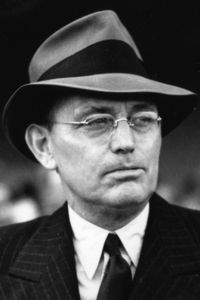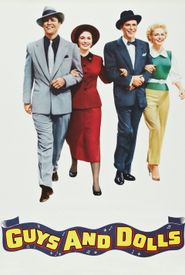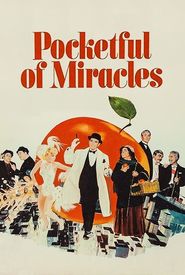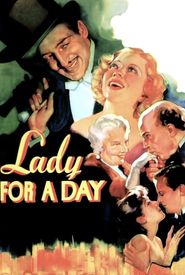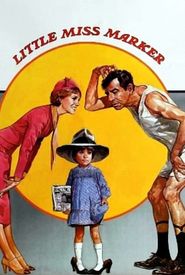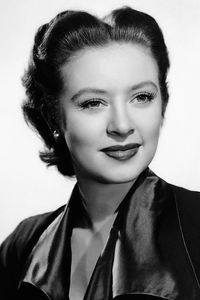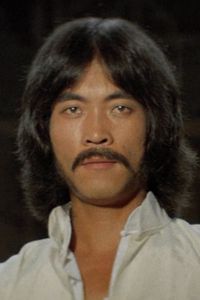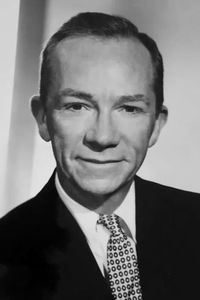Alfred Damon Runyon, a renowned American newspaperman and short-story writer, was born on October 4, 1880, and passed away on December 10, 1946. He is best known for his captivating short stories that revolve around the vibrant world of Broadway in New York City, specifically during the Prohibition era.
To New Yorkers of his generation, a "Damon Runyon character" was synonymous with a distinct social type from the Brooklyn or Midtown demi-monde. The adjective "Runyonesque" not only referred to this type of character but also to the unique situations and dialog that Runyon depicted in his stories. His tales often featured gamblers, hustlers, actors, and gangsters, none of whom were known by their "square" names, preferring instead colorful monikers such as Nathan Detroit, Benny Southstreet, Big Jule, Harry the Horse, Good Time Charley, Dave the Dude, or The Seldom Seen Kid.
Runyon's distinctive vernacular style, known as "Runyonese," was a blend of formal speech and colorful slang, always presented in the present tense, and devoid of contractions. He is also credited with coining the phrase "Hooray Henry," a term now used in British English to describe an upper-class, loud-mouthed, and arrogant individual.
Runyon's fictional world was further immortalized through the musical Guys and Dolls, which was based on two of his stories, "The Idyll of Miss Sarah Brown" and "Blood Pressure." The musical also borrowed characters and story elements from a few other Runyon stories, most notably "Pick The Winner." The film Little Miss Marker, and its two remakes, Sorrowful Jones and the 1980 Little Miss Marker, were also adapted from his short story of the same name.
In addition to his work in fiction, Runyon was a well-known newspaper reporter, covering sports and general news for various publications and syndicates owned by William Randolph Hearst. He wrote a well-remembered "present tense" article on Franklin Delano Roosevelt's Presidential inauguration in 1933 for the Universal Service, a Hearst syndicate, which was later merged with the co-owned International News Service in 1937.
